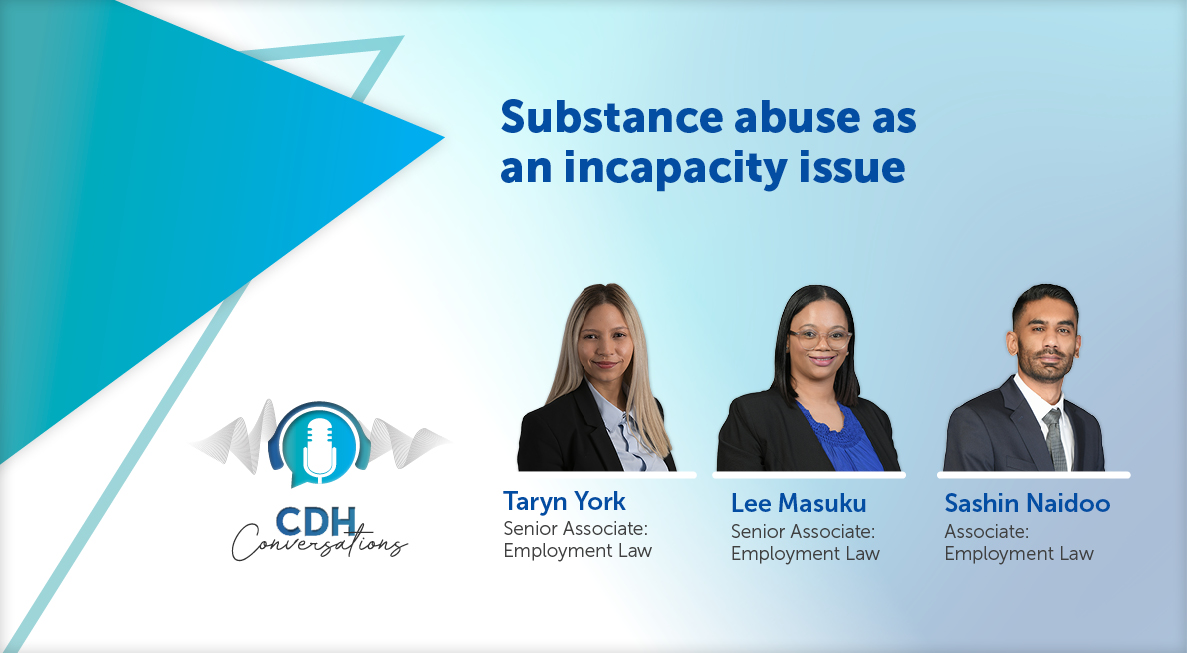CDH's Corporate & Commercial practice advises Airlink
South Africa's aviation sector is highly regulated and CDH acted as legal advisors to Airlink regarding the transaction which needed to take into account the various aspects of regulatory compliance within which it could be structured.







